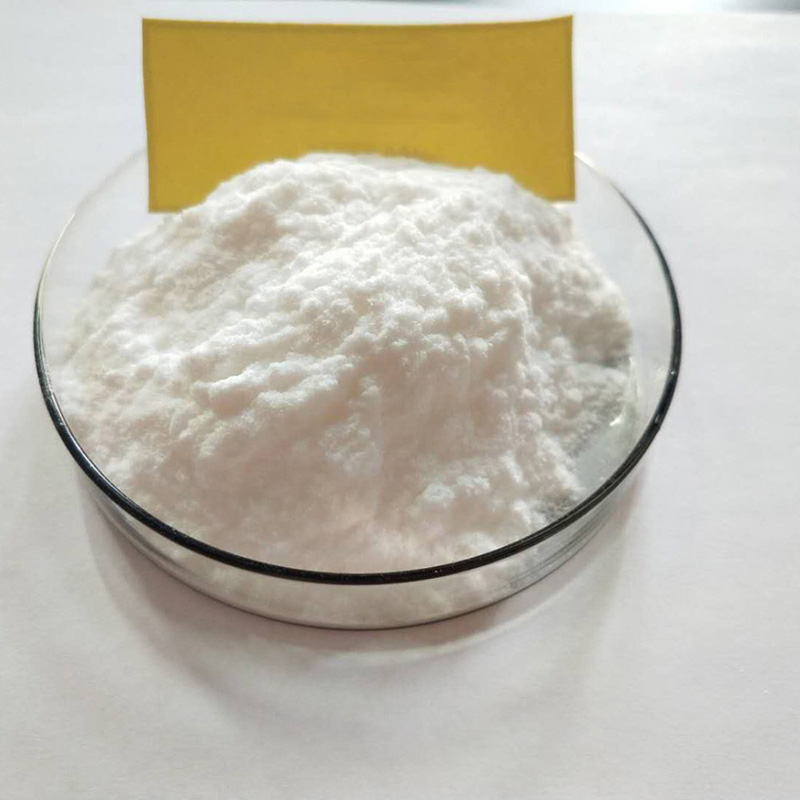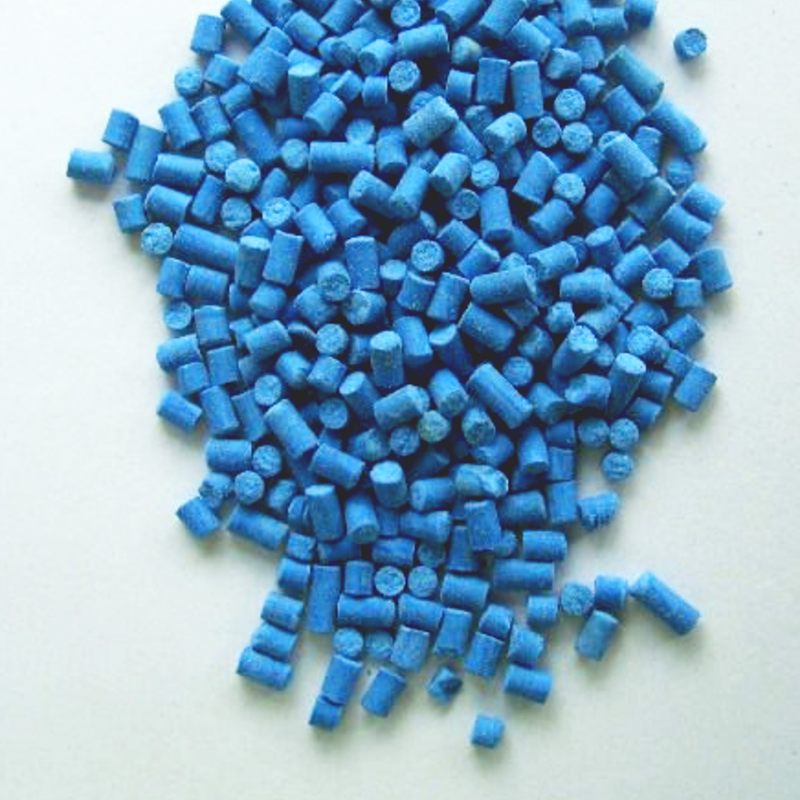Bifenazate acaricide for crop protection pest control
Product description
Bifenazate is a contact acaricide active against all life stages of spider-, red- and grass mites, including eggs. It has a rapid knockdown effect (usually less than 3 days) and residual activity on the leaf lasting up to 4 weeks. The product’s activity is not temperature-dependant - control is not reduced at low temperatures. It doesn't control rust-, flat- or broad-mites.
Studies to date suggest bifenazate acts as a GABA (gamma-aminobutyric acid) antagonist in the peripheral nervous system at the neuromuscular synapse in insects. GABA is an amino acid present in the nervous system of insects. Bifenazate blocks the GABA-activated chloride channels, resulting in over-excitation of the peripheral nervous systems of susceptible pests. This mode of action is reported to be unique among acaricides, which suggests the product could play an important future role in mite resistance management strategies.
It is a very selective acaricide that controls the spider mite, Tetranychus urticae. Bifenazate is the first example of a carbazate acaricide. It has a low water solubility, volatile and would not be expected to leach to groundwater. Bifenate is also not expected to persist in soil or water systems. It is highly toxic to mammals and a recognised skin, eye and respiratory system irritant. It is moderately toxic to most aquatic organisms, honeybees and earthworms.
Studies at the University of Florida in the late 1990's identified a possible emergence of resistance to abamectin in two-spotted mites in strawberries; bifenazate may provide an alternative treatment.
In field trials, no phytotoxicity has been reported, even at rates much greater than those recommended. Bifenazate is a moderate eye irritant and may an cause allergic skin reaction. Bifenazate is categorized as practically nontoxic to small mammals on an acute oral basis. It is toxic to the aquatic environment and is very toxic to aquatic life with long lasting effects.














